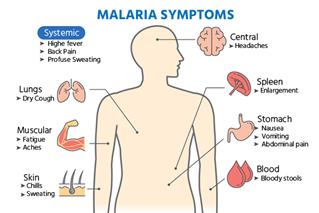Context
Recently, scientists have genetically modified mosquitoes to slow the growth of malaria-causing parasites in their guts which can also help prevent transmission of the disease to humans.

Genetic modification in Mosquitoes
- GM mosquitoes are mass-produced in a laboratory to carry two types of genes:
- A self-limiting gene that prevents female mosquito offspring from surviving to adulthood.
- A fluorescent marker gene that glows under a special red light. This allows researchers to identify GM mosquitoes in the wild.
- New tools are increasingly needed as mosquitoes develop resistance to insecticides and treatments.
- Shorter life span: The peptides impair the malarial parasite’s development and also cause the mosquitoes to have a shorter life span.
- Gene drive technology: Gene drive is one such powerful weapon that in combination with drugs, vaccines and mosquito control can help stop the spread of malaria and save human lives.
Significance
- It can help prevent transmission of the disease to humans.
- If proven in the real world it could offer a powerful new tool to help eliminate malaria.
About Malaria
- Parasites: Malaria is a life-threatening disease caused by parasites that are transmitted to people through the bites of infected female Anopheles mosquitoes.

- The parasite develops into its next stage in the mosquito’s gut and travels to its salivary glands, ready to infect the next person it bites.
- Though only around 10 percent of mosquitoes live long enough for the infectious parasite to develop.
- Symptoms: People who have malaria usually feel very sick with a high fever and shaking chills.
- Distribution: While the disease is uncommon in temperate climates, malaria is still common in tropical and subtropical countries.
- Vaccine: It is preventable and curable.
- Data on Malaria: Malaria remains one of the most devastating diseases globally, putting at risk about half of the world’s population.
- In 2021, it infected 241 million people and killed 627,000 people.
|
